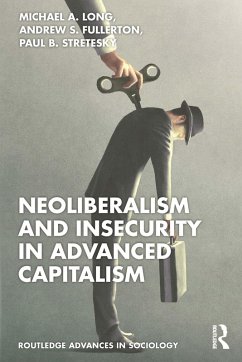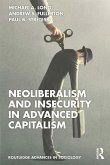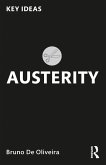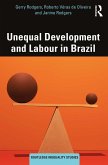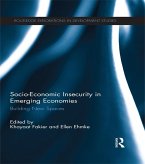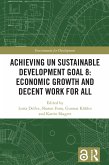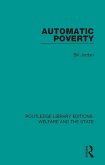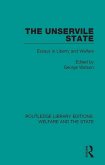The book takes a novel approach to the study of neoliberalism, insecurity, and their intersection. First, in addition to examining specific types of insecurity, the overall concept of insecurity is defined and theorized as a fundamental part of neoliberal capitalism. Second, to help bypass the structural versus individual binary that has come to characterize much of the neoliberalism literature, a field-theoretic framework, heavily influenced by the work of Pierre Bourdieu, is employed.
As such, it will be of great interest for researchers in neoliberalism, insecurity, and Bourdieu's theory of practice, including advanced undergraduate students and graduate scholars from sociology, anthropology, geography, political science, and public health.
Dieser Download kann aus rechtlichen Gründen nur mit Rechnungsadresse in A, B, BG, CY, CZ, D, DK, EW, E, FIN, F, GR, HR, H, IRL, I, LT, L, LR, M, NL, PL, P, R, S, SLO, SK ausgeliefert werden.

